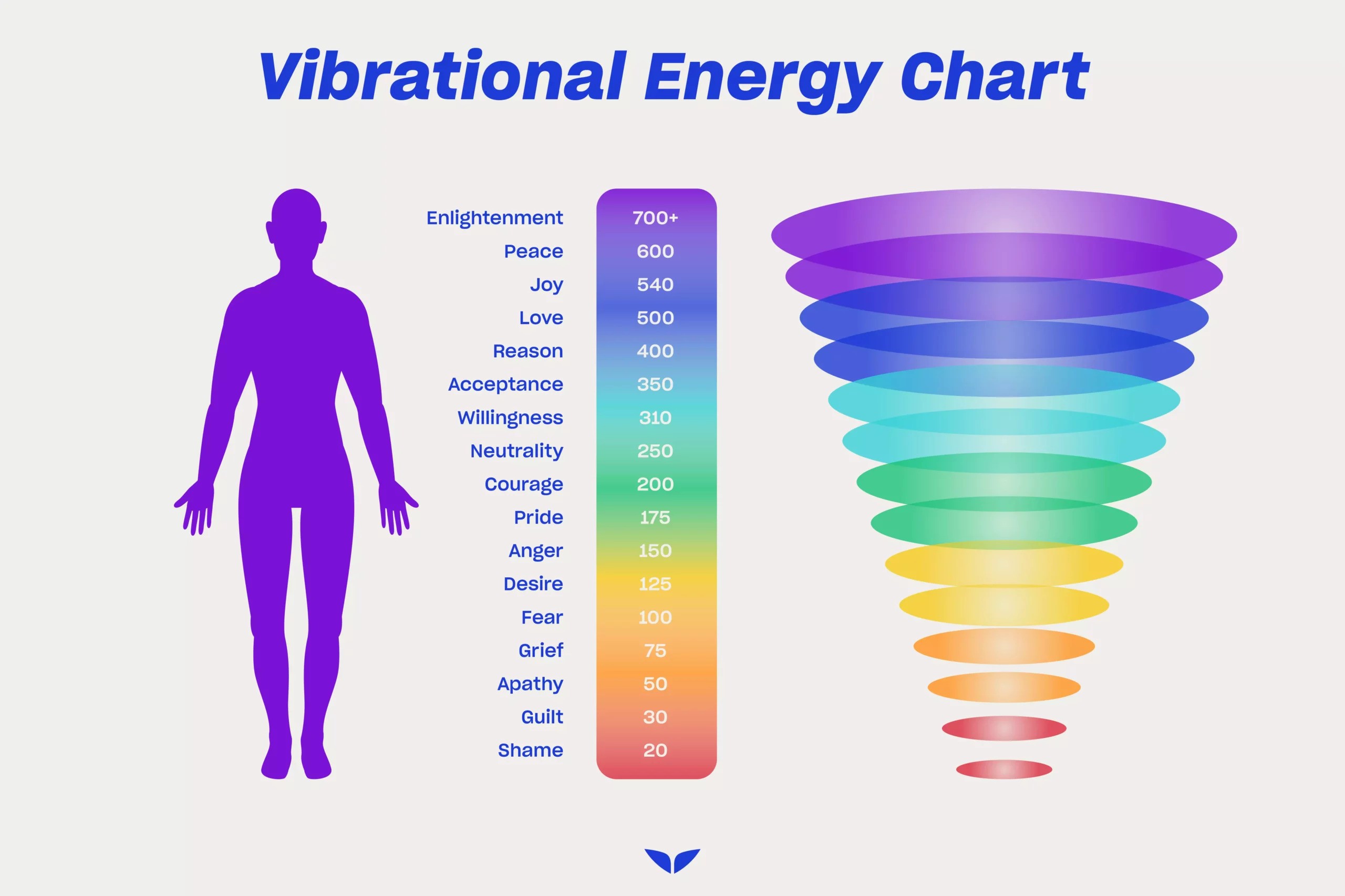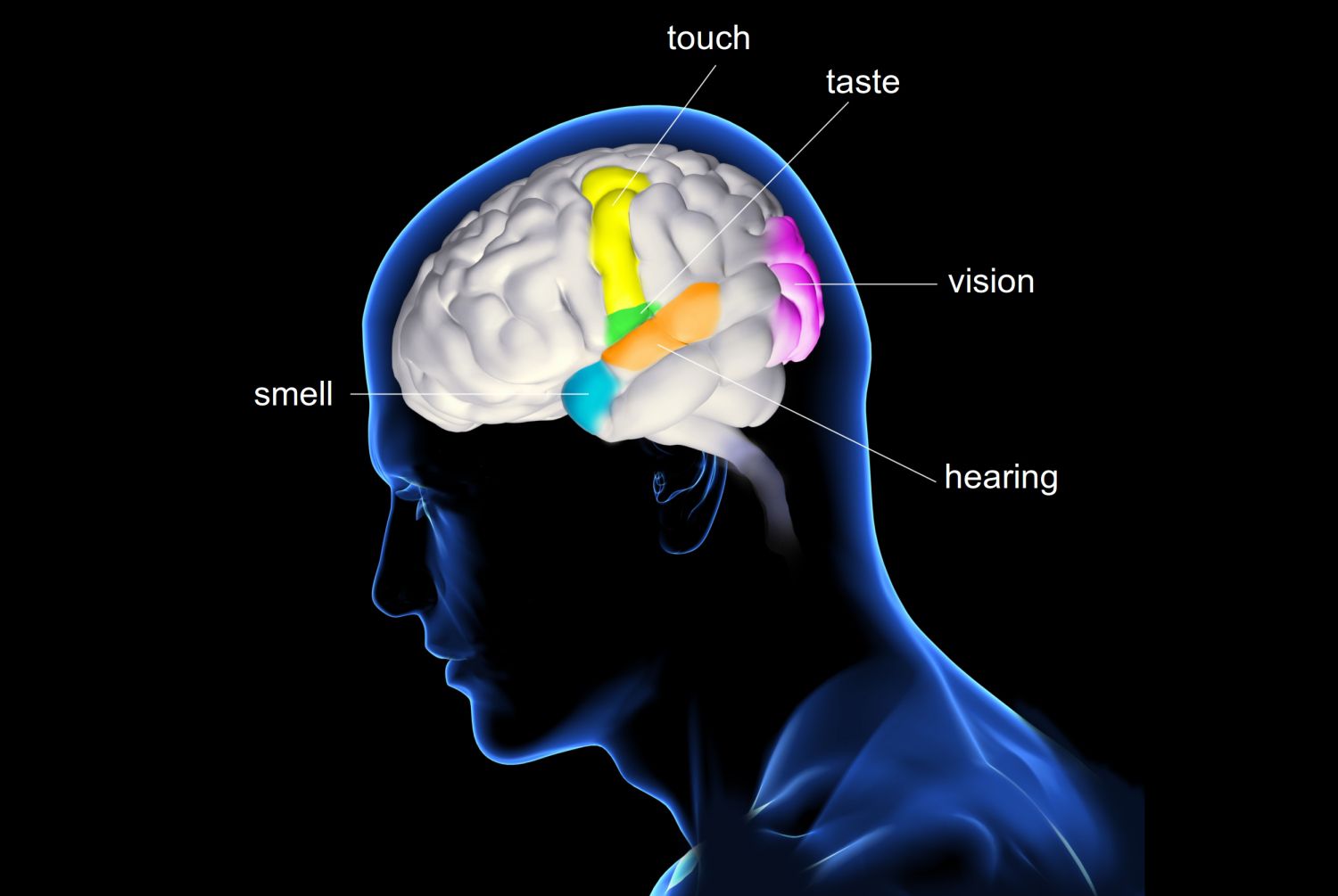How To Calm Your Mind Before Bed
It might be frustrating when your mind continues to race long after your body has surrendered to bedtime. Here's what to do if you can't sleep because you're worried about something.
Despite the fact that sleep is critical for good health, many of us have trouble getting enough of it. According to the American Psychiatric Association (APA), around one-third of adults in the United States suffer from insomnia symptoms, with 6% to 10% of those diagnosed with insomnia disorder.
It's possible that your drowsiness isn't due to insomnia at all. Staying awake all night can be caused by racing thoughts, but your mind running as steady as your refrigerator could also be a sign of other problems:
- Anxiety or stress caused by the problems of the day
- Inventive flow of ideas
- Some drugs have unintended consequences.
- Symptoms of mania or hypomania caused by bipolar disorder or another mental illness
Although your brain does not have an off switch, there are a few methods to gently instruct it to slow down.
How To Calm Your Mind Before Bed
There are a variety of techniques for reducing nocturnal stress and anxiety before going to bed. These techniques can help you relax if you're too stressed to sleep. Some people just employ one or two of these relaxation techniques while others utilize a combination.
If you have a chronic problem with stress and sleep, your doctor can help you figure out what the best course of action is for you.
1. Meditation
Meditation is a mind-body activity that involves focusing one's attention and adopting an attitude that allows thoughts to come and go without being judged. Meditation is a well-known treatment for insomnia. Meditation comes in a variety of forms.
1.1 Mindfulness Meditation is the practice of watching, without judgment, one's feelings, thoughts, and emotions as they flow through one's mind. Being able to be entirely present in the moment and not allowing your mind to wander to other thoughts is a significant component of this. This may seem tough at first if you are new to meditation, but it will become easier with practice. Adults have reported that it helps them sleep better.
1.2 Body scan meditation is a practice that involves focusing gently on different parts of the body and noting any sensations or aches. To use this technique, you should concentrate on one region of your body at a time. This can be a methodical scan from head to toe or a more haphazard examination of body parts that make contact with the floor. Allow your attention to be entirely focused on your body.
1.3 When one is verbally guided through a contemplative experience and urged to envision a relaxing setting, this is known as guided meditation. Music and nature sounds can be used in these guided meditations to help you relax. Many popular apps, such as Headspace and Calm, offer guided meditations.
2. Build a sleep routine to transition from day to night
What that routine looks like is entirely up to you and your requirements. It's meditation for some folks. Others find it as simple as soaking in a bubble bath before night, lighting an aromatic candle, caressing their cat, or reading a good book to help them relax.
What matters is that you take some time to relax.
This means avoiding stressful activities in the hours leading up to bedtime, such as paying bills, listening to the news, discussing politics, or browsing through your phone.
It's especially crucial to minimize your screen time at night because blue light might make it difficult to sleep.
3. Deep Breathing
Deep breathing is a relaxing method that may be used at any time6 and can be used as part of meditation. The idea is to breathe slowly, evenly, and deeply.
Though there are numerous systematic deep breathing practices, such as the 4-7-8 method and lion's breath, you can start with something very simple. Begin by putting your hand on your tummy and softly inhaling. Hold your breath for a moment when you feel your tummy rise, then slowly exhale. Counting breaths and altering the amount of time a breath is held before exhaling are two examples of different practices.
4. Don’t lie in bed awake
Lying awake will just give your mind more opportunity to create a new avalanche of worries and anxieties.
If you're having trouble falling asleep after around 20 minutes, try restarting your nightly ritual.
Of course, don't turn on the lights; instead, go conduct a low-stress activity for a few minutes, such as petting your cat or drinking a cup of tea, to assist your body wind down for the night.
5. Try progressive muscle relaxation
This relaxation technique may aid in the release of stress and a restful night's sleep. Starting with your facial muscles and working down to your toes, progressive muscle relaxation includes tensing and then relaxing muscles.
Other Tips On How To Calm Your Mind Before Bed
- Create a comfortable sleeping environment. Examine your sleeping surroundings for any stressors. A ideal sleeping environment is dark and quiet.
- Caffeine and alcohol should be avoided. Both of these factors can interfere with getting a good night's sleep. Excessive alcohol use can also have an impact on how the body responds to stress.
- Shower or bathe in warm water. Not only will this help you relax and de-stress, but it will also help you fall asleep faster by lowering your body temperature.
- Journal. Writing down your problems and ideas can help you get them out in the open and confront them. Keep a journal near your bed so you can write down any concern that arises in the hours leading up to bedtime. Making a to-do list for the next day can also assist you in getting to bed earlier.
- Make a worry schedule. A approach employed in cognitive-behavioral therapy is setting aside time to focus on worrying (CBT). To do so, set aside a time during the day to think about all you have on your plate. The idea is to address the underlying causes of anxiety before it spirals out of control.
The bottom line
Everyone experiences anxiety at some point in their lives, but it becomes a problem when excessive fear and worry last for more than a single stressful event. It will appear for months at a time, interfering with daily activities like work, relationships, responsibilities, and, of course, sleep.
When you meditate, your body undergoes a number of physiological changes. These modifications cause you to fall asleep by altering various bodily systems.
For example, researchers looked at how mindfulness meditation benefited 49 adults with moderate sleep difficulties in a 2015 study published in JAMA Internal MedicineTrusted Source. The participants were given either 6 weeks of meditation or 6 weeks of sleep hygiene education at random. The meditation group had fewer insomnia symptoms and decreased daytime weariness at the end of the trial.
Meditation, according to experts, can benefit in a variety of ways. Stress and worry are common causes of sleep disorders, but meditation enhances your relaxation response. It also enhances autonomic nervous system control, which lessens the ease with which you are awakened.
Meditation may also:
- increase serotonin (precursor of melatonin)
- increase melatonin (the sleep hormone)
- reduce heart rate
- activate parts of the brain that control sleep
- decrease blood pressure
For many people, sleep is elusive and difficult. Stress and a hyperactive mind can make it difficult to obtain a decent night's sleep. Meditation has been found in studies to help relax the mind and promote better sleep quality.
Remember that, while meditation can help you sleep better, it is not a substitute for excellent sleep hygiene. This includes sticking to a regular sleep schedule, turning off devices, keeping your bedroom cold, quiet, and dark, and staying away from coffee and big meals before night.



